
Loire by Étienne Davodeau
Quand Louis reçoit cette invitation d’Agathe, il est un peu ému. Et intrigué. Il y a si longtemps. Même si …
This link opens in a pop-up window

Quand Louis reçoit cette invitation d’Agathe, il est un peu ému. Et intrigué. Il y a si longtemps. Même si …
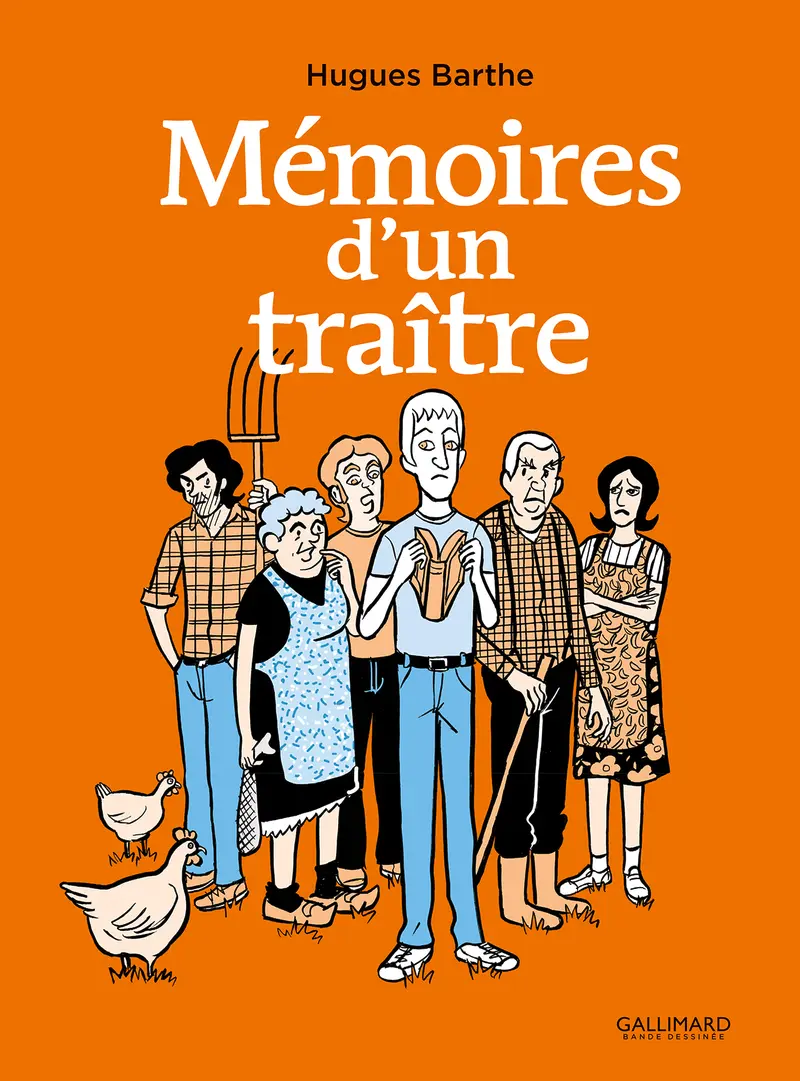
Le parcours initiatique d'un adolescent : sensible, dur et poignant.
À la fin des années 1970, la vie …
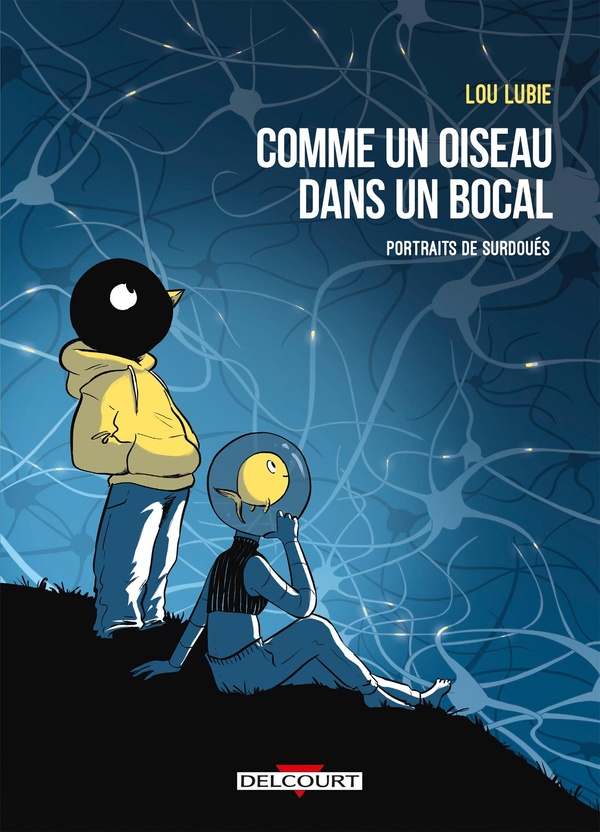
On parle beaucoup des enfants précoces, mais que deviennent-ils une fois adultes ?
Birdo est un brillant chef dans …
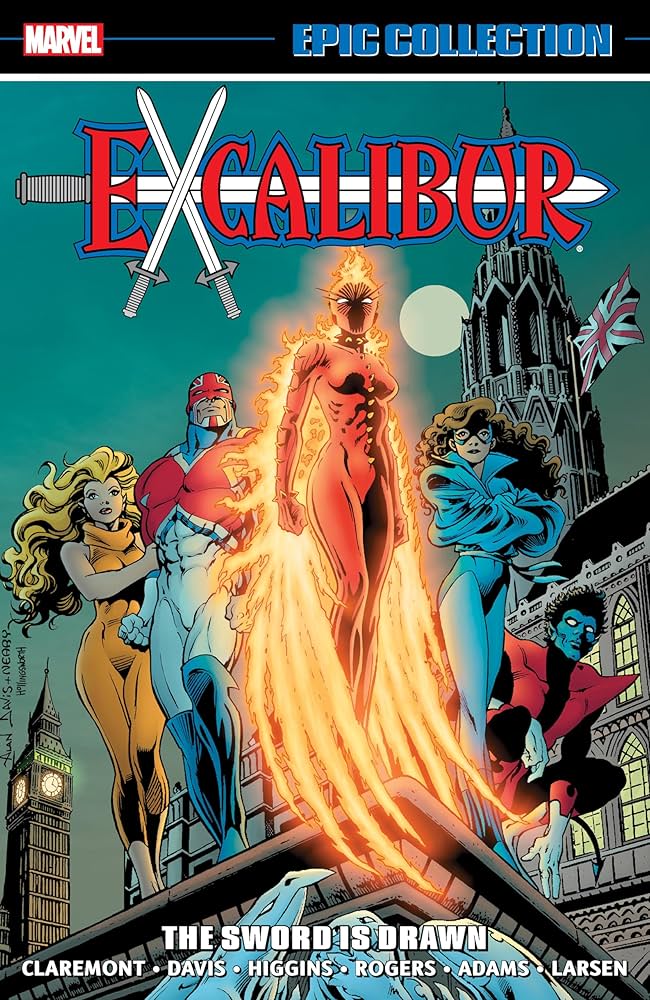
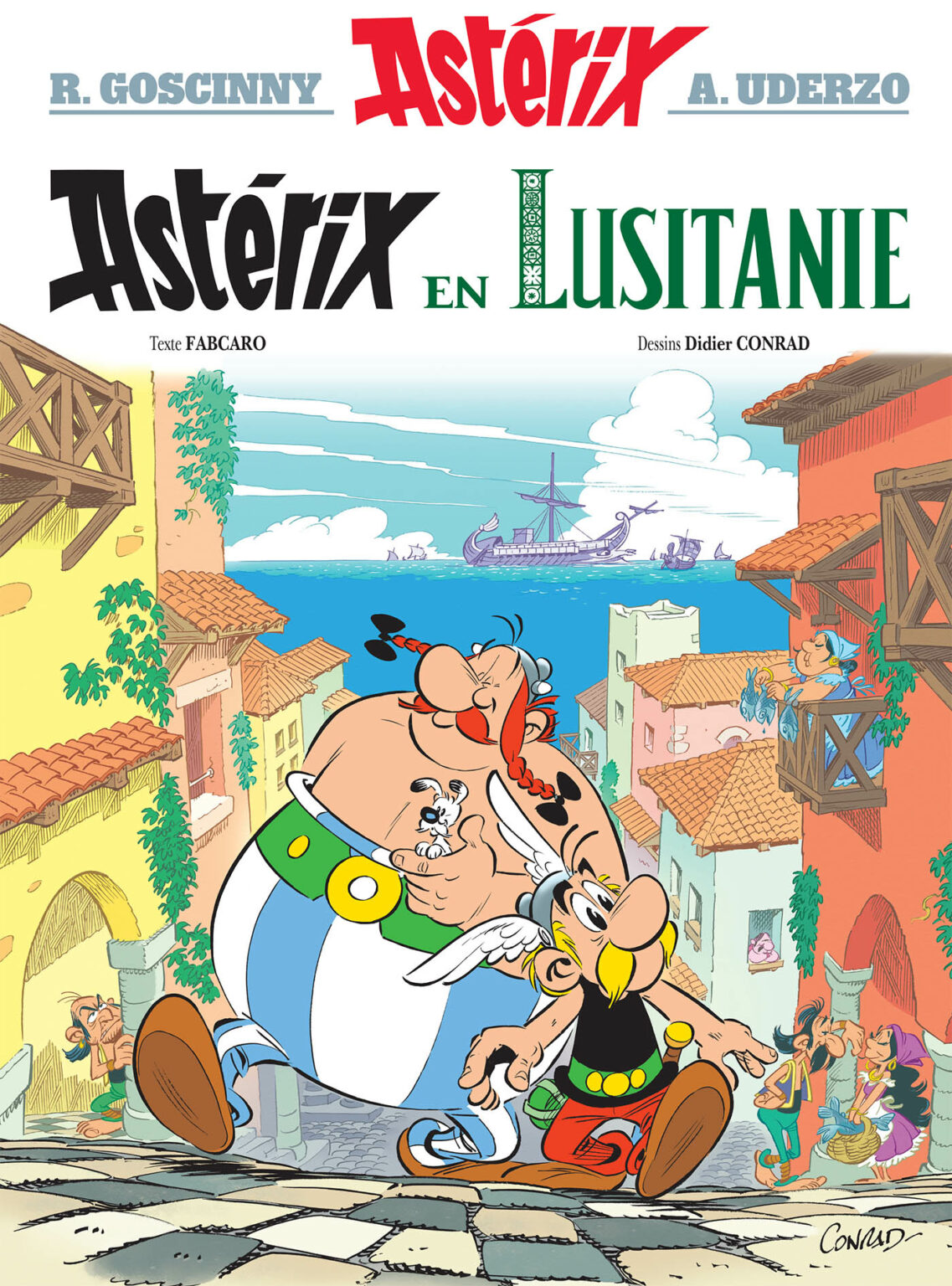

La chronique savoureuse d’un refuge canin.






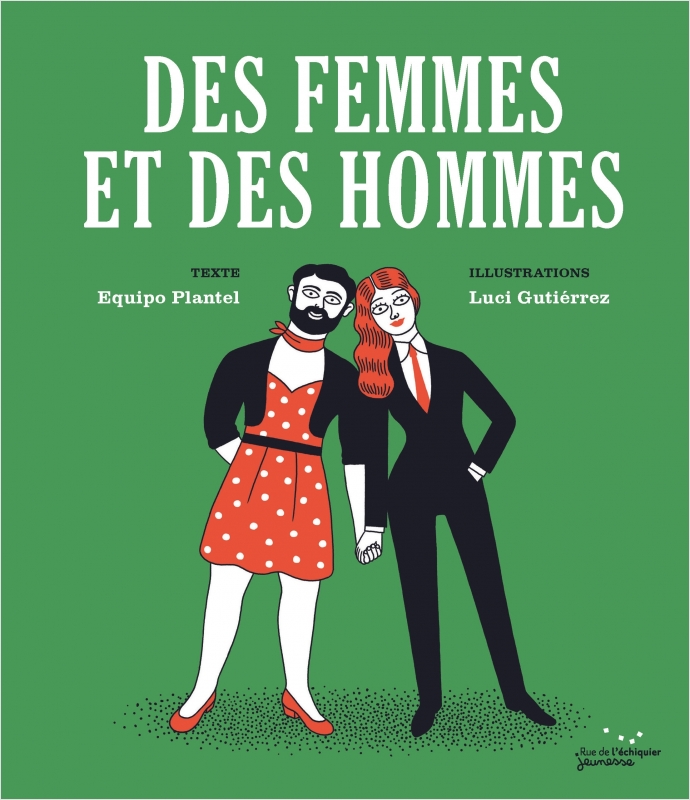
Un livre militant qui renverse les questions de genre et appelle à une véritable égalité filles-garçons.
— …

Un livre militant qui renverse les questions de genre et appelle à une véritable égalité filles-garçons.
— …